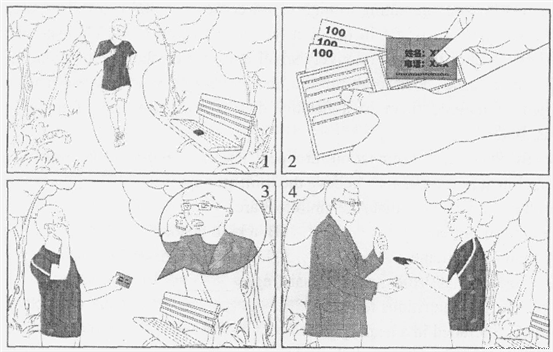0 143506 143514 143520 143524 143530 143532 143536 143542 143544 143550 143556 143560 143562 143566 143572 143574 143580 143584 143586 143590 143592 143596 143598 143600 143601 143602 143604 143605 143606 143608 143610 143614 143616 143620 143622 143626 143632 143634 143640 143644 143646 143650 143656 143662 143664 143670 143674 143676 143682 143686 143692 143700 151629
 also included health foods for the children.
also included health foods for the children.